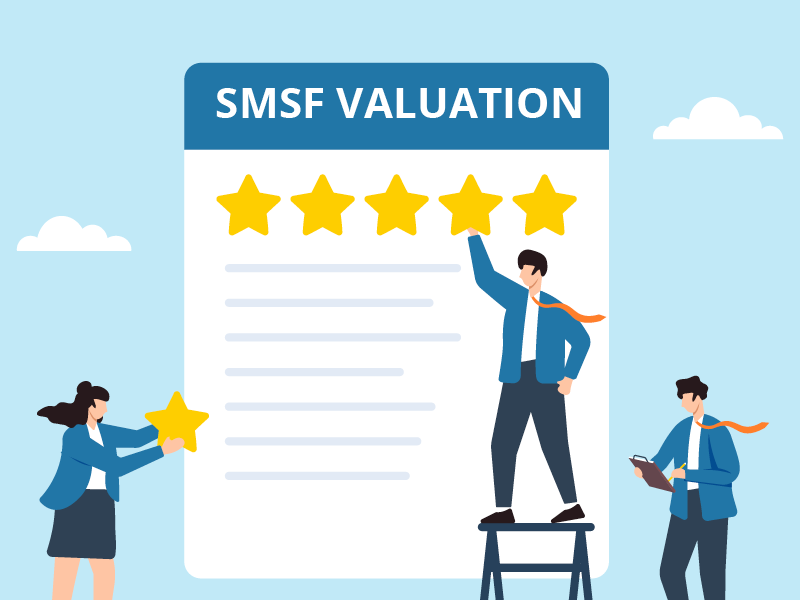Why Market Valuations Matter for SMSFs
Accurate market valuations are a critical part of managing a self-managed super fund (SMSF). The Australian Taxation Office (ATO) requires SMSFs to report assets at their market value each year for financial statements and compliance purposes. This ensures transparency, accurate member balances, and fair outcomes when members enter or exit the fund.
What Is Market Value?
Market value represents the price an asset would reasonably fetch if sold in an open and competitive market. For SMSFs, this applies to all assets—such as property, shares, managed funds, and collectibles.
When Are Valuations Required?
- At the end of each financial year for reporting purposes.
- When a member starts a pension.
- When a member joins or leaves the fund.
- During in-specie transfers or rollovers.
How to Determine Market Value
- Listed assets: Use the closing price on the relevant market.
- Property: Obtain a valuation from a qualified independent valuer or use objective data such as recent comparable sales.
- Unlisted investments: Consider financial statements, independent appraisals, or other reliable sources.
Why Accuracy Is Important
Incorrect valuations can lead to compliance breaches, incorrect tax calculations, and unfair member entitlements. The ATO expects trustees to use objective and supportable data—not estimates or outdated figures.
Best Practice for Trustees
- Keep documentation to support valuations.
- Engage professionals for complex assets.
- Review valuations annually and whenever significant events occur.
If you’re unsure about valuation requirements or need assistance, speak to your SMSF adviser to ensure compliance and protect your fund.




